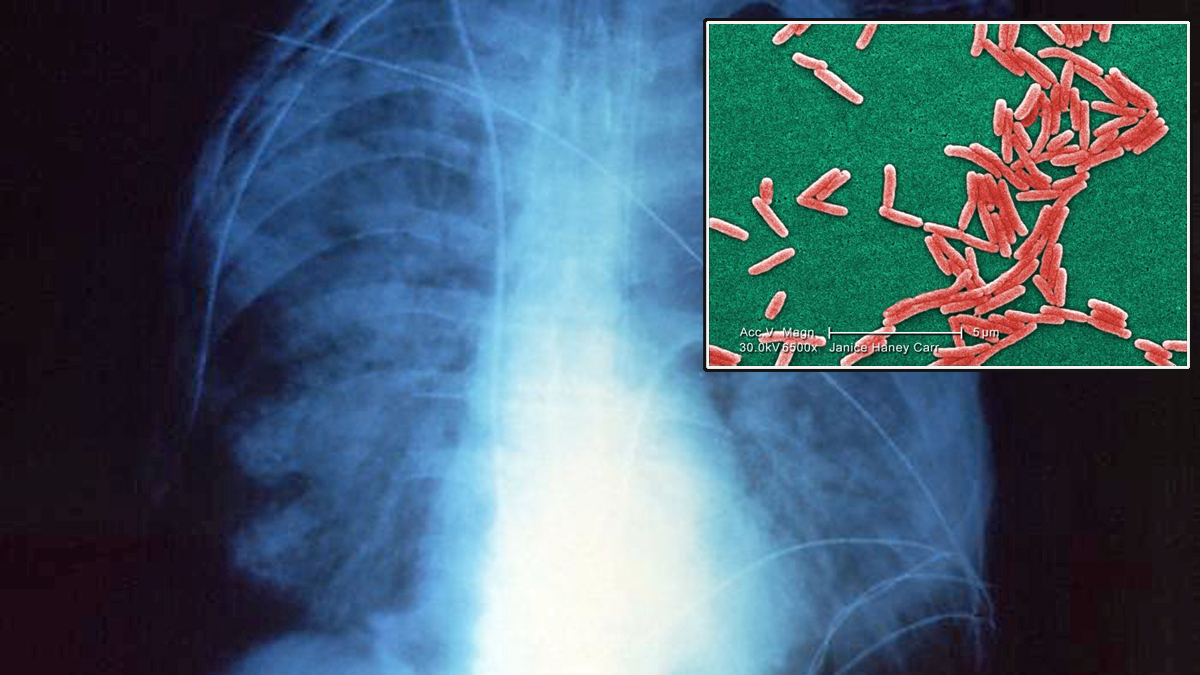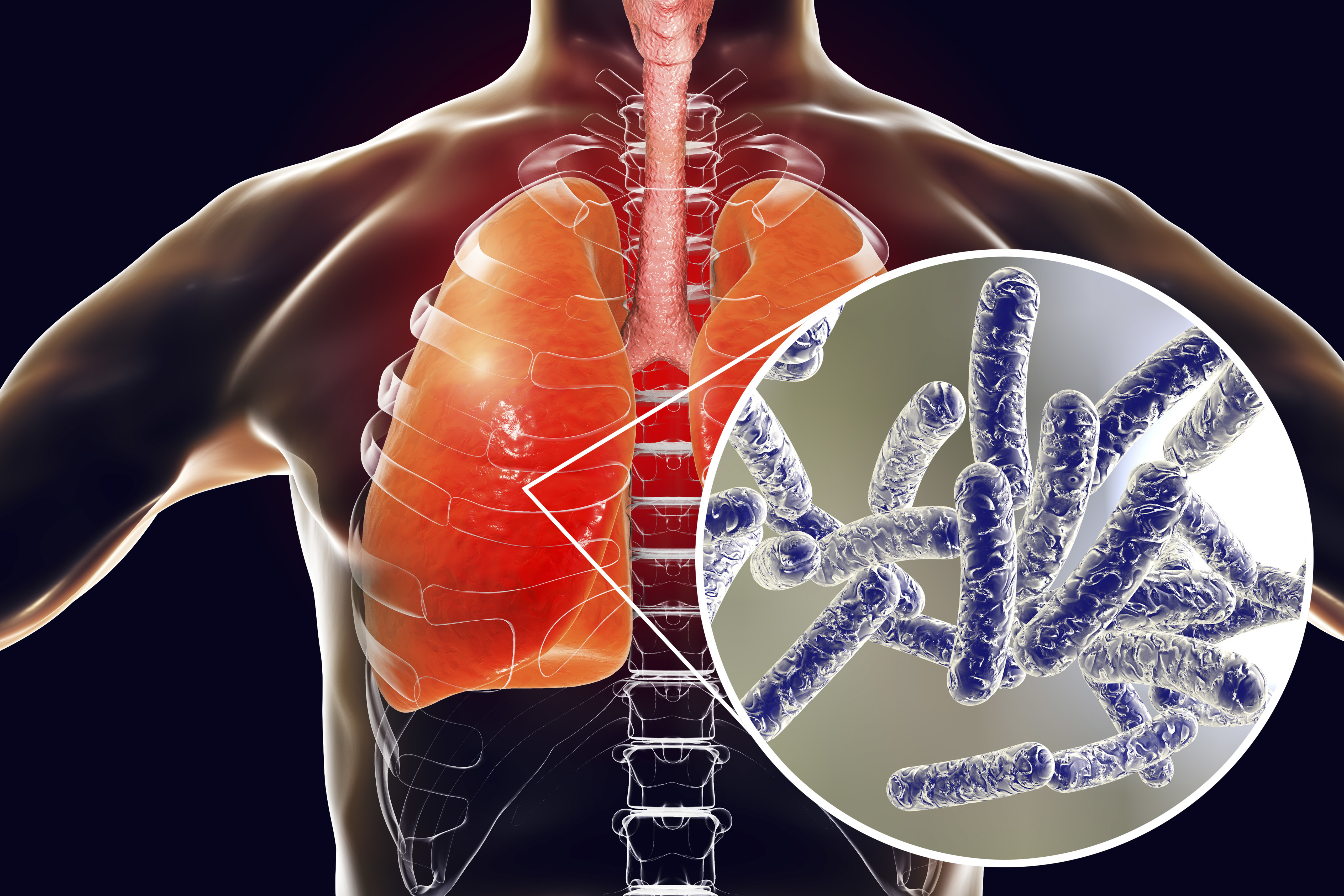
One person is dead and another is in the hospital after they were diagnosed with Legionnaires' disease following a hotel stay at a New Hampshire resort and spa.
The New Hampshire Department of Health and Human Services issued an alert on Friday saying two out-of-state residents had become sick after they stayed at the Mountain View Grand Resort and Spa in Whitefield, NH.
Though both people -- one from Rhode Island and the other from Massachusetts -- stayed at the resort, health officials say an investigation is ongoing to identify the potential sources of exposure.
For its part, the resort said on Facebook that "the state confirmed they cannot be certain where these individuals contracted their infection," adding that they are working closely with the New Hampshire Division of Public Health Services and New Hampshire Department of Environmental Services "to determine if the two individuals were affected as a result of visiting the property in Fall of 2023."
Get Boston local news, weather forecasts, lifestyle and entertainment stories to your inbox. Sign up for NBC Boston’s newsletters.
Mountain View said it is "fiercely committed to the well-being of all those who walk through the door."
"We are continuing to follow our stringent and consistent protocols to ensure the utmost health and safety of our guests and employees while we await test results recently conducted to confirm the potential source," the resort wrote in a Facebook reply.
According to the U.S. Centers for Disease Control and Prevention, Legionnaires disease is a serious type of pneumonia caused by Legionella bacteria.
Legionella bacteria spread when someone inhales tiny droplets of contaminated water, commonly found in hot tubs, industrial air conditioning systems, and even drinking water.
Most infections are sporadic, however outbreaks can occur and are often associated with exposure to contaminated communal water found in large facilities like hotels, hospitals, and apartment buildings.
People who get sick after being exposed to Legionella bacteria can develop two different illnesses, Legionnaires’ disease and Pontiac fever.
The CDC says symptoms of Legionnaires' disease typically appear between two to 14 days after exposure to the bacteria and can include:
- Headache
- Muscle aches
- Shortness of breath
- Cough
- Fever
Legionnaires' can also be associated with other symptoms such as diarrhea, nausea and confusion. Illness is often severe enough to require hospitalization and can be fatal, the CDC says.
New Hampshire health officials have not released any other details about either case associated with the Mountain View, but the CDC says the majority of cases occur in adults over 50 years old. Other risk factors include smoking, chronic respiratory disease, diabetes and other immunocompromising conditions like cancer.
Pontiac fever is a milder infection than Legionnaires' disease, and symptoms are primarily fever and muscle aches. Pontiac fever is different from Legionnaires' because someone with Pontiac fever does not have pneumonia.
Anyone who develops pneumonia symptoms should see a doctor right away and be sure to mention if you may have been exposed to Legionella bacteria, have used a hot tub, have traveled or have stayed in a hospital in the last two weeks.
Questions regarding the New Hampshire health agency's alert can be directed to 603-271-4496.



